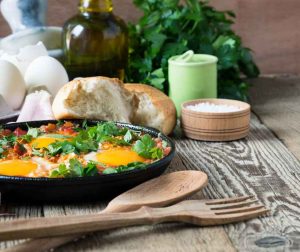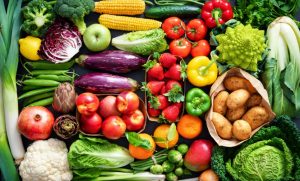Cooking methods play a significant role in determining the nutrient content of our meals. While some techniques can result in nutrient loss, others have been found to preserve and enhance the nutritional value of food. We will explore the health benefits of oven and BBQ cooking, focusing on their ability to retain essential nutrients.
Oven cooking is a popular method that utilizes dry heat to cook food. When compared to other techniques such as frying or boiling, oven cooking offers several advantages in terms of nutrient preservation. One of the key benefits is that it requires minimal added fats or oils, reducing the risk of excessive calorie intake and promoting heart health. By using dry heat, oven cooking helps retain the natural flavours and textures of the ingredients without compromising their nutritional value.
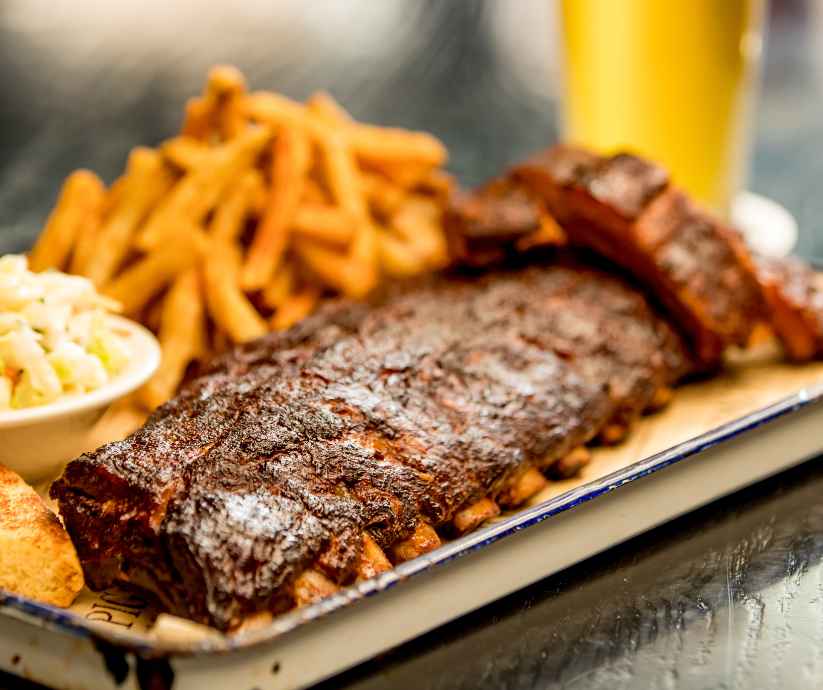
When foods are cooked in an oven, they are exposed to consistent and even heat distribution. This gentle cooking process helps to preserve heat-sensitive nutrients such as vitamin C, vitamin B complex, and antioxidants. These nutrients are essential for supporting our immune system, promoting healthy skin, and providing energy. By retaining these vital nutrients, oven cooking helps ensure that our meals offer optimal nutritional value.
Furthermore, oven cooking can enhance the flavours of certain foods, making them more appealing and enjoyable to eat. For example, roasting vegetables in the oven can bring out their natural sweetness and create a delightful caramelization effect. This can encourage individuals, including picky eaters, to consume a wider variety of nutrient-rich foods, thus promoting a balanced diet.
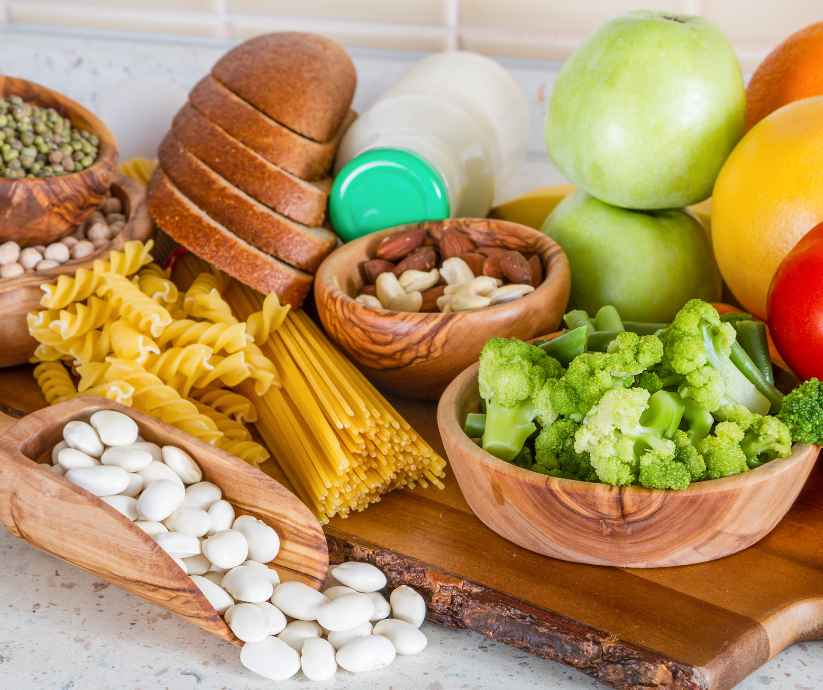
On the other hand, BBQ cooking, especially when using grilling techniques, offers unique health benefits and distinct flavours to our meals. The high heat and direct contact with the flame can impart a smoky flavour that many people find irresistible. Grilling also creates a unique texture, with the outer layer becoming slightly charred while the inside remains juicy and tender.
From a nutritional perspective, BBQ cooking has its advantages as well. The high heat and shorter cooking time characteristic of grilling help to retain more of the natural nutrients found in meats and vegetables. For instance, grilling fish can help preserve omega-3 fatty acids, which are beneficial for heart health and brain function. Additionally, the intense heat of BBQ cooking can break down some of the tougher fibres in meats, making them more tender and easier to digest.
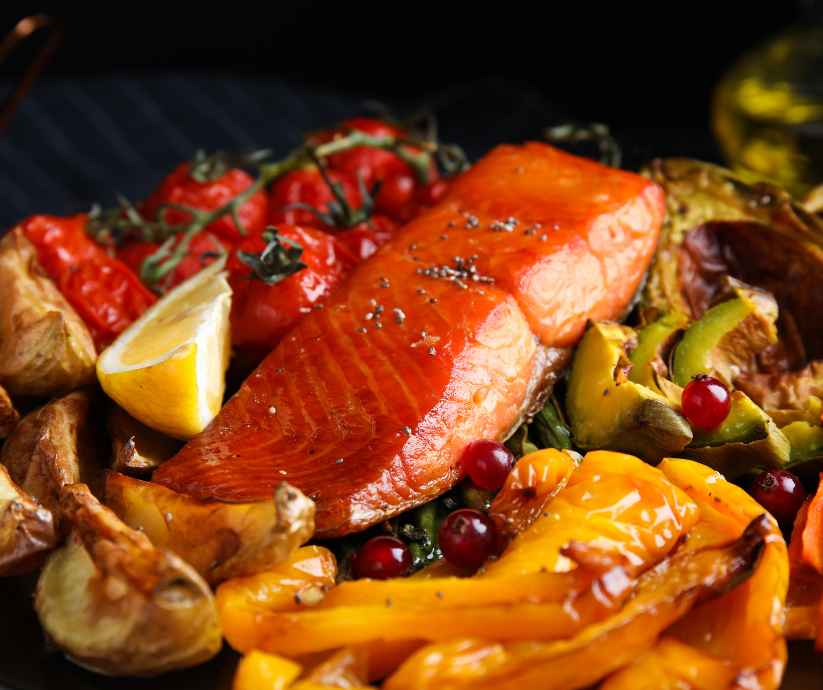
However, it is important to note that excessive charring or overcooking on the grill can lead to the formation of potentially harmful compounds, such as heterocyclic amines (HCAs) and polycyclic aromatic hydrocarbons (PAHs). These compounds have been linked to an increased risk of cancer. To minimize their formation, it is advisable to pre-cook meats partially in the oven and then finish them on the grill. This technique helps reduce the cooking time on the BBQ while still achieving that delicious grilled flavour.
Both oven cooking and BBQ techniques offer distinct advantages when it comes to nutrient retention and flavour enhancement. Oven cooking preserves delicate nutrients and enhances flavours without excessive calorie intake, while BBQ cooking provides a unique smoky taste and helps retain essential nutrients. By understanding the benefits and potential risks associated with these cooking methods, we can make informed choices to create delicious and nutritious meals for ourselves and our loved ones. So, fire up your oven or BBQ grill and enjoy the health benefits of these cooking techniques!


